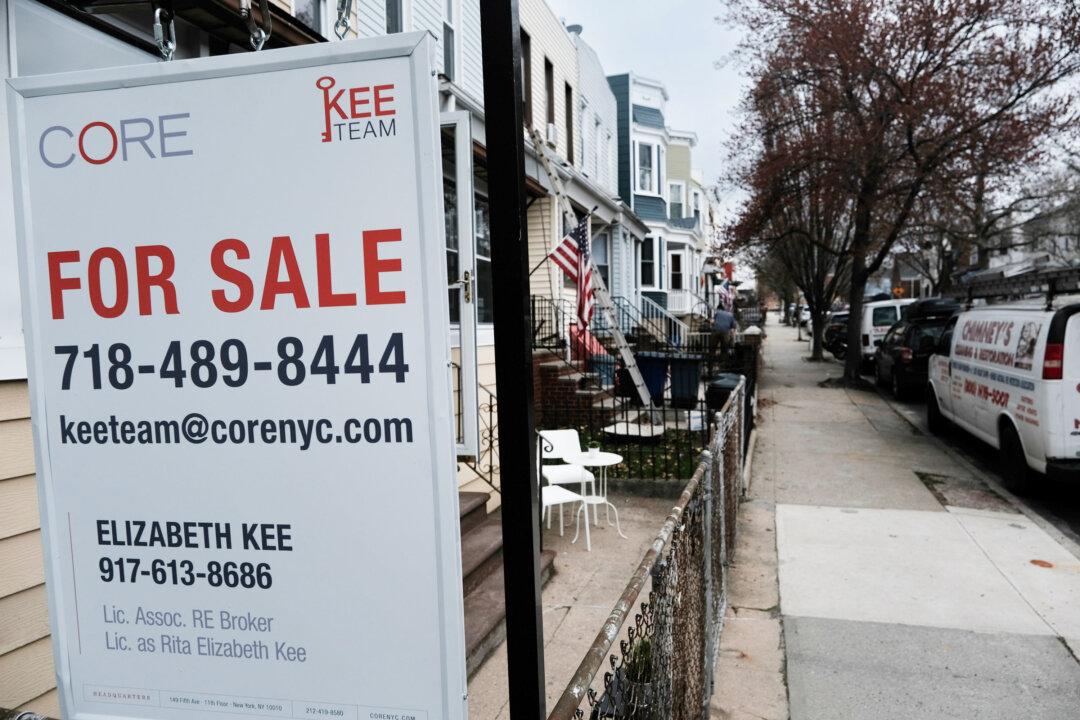The sale of existing homes fell by 5.4 percent in June compared to May, amid the median sales price hitting the “highest price ever recorded,” according to a July 23 press release from the National Association of Realtors (NAR).
The median existing home sales price for June was $426,900. All four U.S. regions—Northeast, Midwest, South, and West—posted sales declines for the month.





